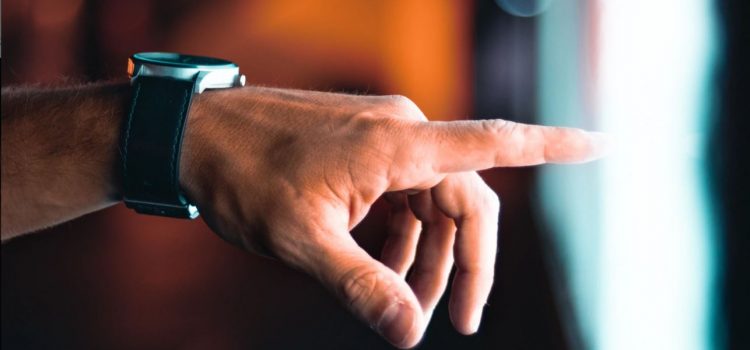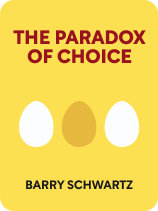

This article is an excerpt from the Shortform book guide to "The Paradox of Choice" by Barry Schwartz. Shortform has the world's best summaries and analyses of books you should be reading.
Like this article? Sign up for a free trial here .
Why is the freedom to choose so important to human happiness? Is there such thing as too much choice?
Barry Schwartz, the author of The Paradox of Choice, asserts that the freedom to choose provides basic autonomy to humans and is necessary for happiness. However, when presented with too many options, people can start to become anxious and depressed.
Keep reading to learn why there is a fine line between the freedom of choice and too many choices.
How Choice Affects Happiness
Schwartz previously discussed the contradictions of choice and happiness: Although freedom of choice is essential to autonomy and satisfaction with your life, too much choice can create stress and dissatisfaction.
In this chapter, Schwartz first acknowledges the benefits of freedom of choice. Then he explores how voluntarily limiting our freedom to choose in some cases can make us happier.
Why We Need Choice
Schwartz argues that freedom to choose is valuable because it provides basic autonomy, the material ability to live your life as you see fit, and the ability to present yourself to the world however you want.
Schwartz cites 18th century economist Adam Smith, who posited that freedom of choice allows the market to respond to people’s desires by providing things they want or need, and people then have the freedom to choose the goods that best fit their lifestyle. Schwartz also emphasizes that freedom of choice allows people to express who they are. The goods and experiences we choose shape how we show ourselves to the world. This is a form of autonomy that helps us feel satisfied in our lives.
(Shortform note: There is scientific evidence for autonomy’s importance to well-being. A report in the Journal of Personality and Social Psychology found that autonomy is the most important indicator of happiness: Those who feel control over their lives tend to be the happiest. Part of autonomy is the freedom to choose—if we don’t have choice in our lives, then we don’t have control. Some level of freedom of choice, then, is essential to our happiness.)
While autonomy and choice are essential to our well-being, Schwartz notes that lacking autonomy has negative psychological consequences. People who generally lack autonomy or control may succumb to learned helplessness, or passive acceptance of their circumstances even when they might be able to choose change. Learned helplessness can cause physical and mental health issues, such as a suppressed immune system or severe depression.
On the other hand, a constant barrage of choices can leave us feeling out of control, rather than in control. Schwartz argues for a balance between no choice and excessive choice. He explains how to achieve this through our social relationships and prioritization of choices.
| Learned Optimism Psychologist Martin Seligman, one of the researchers who developed the concept of learned helplessness, continued his work by exploring its opposite: learned optimism, the idea that people can learn to become optimistic over time just as they learn to feel helpless. Seligman came to view optimism as a strategy for improving your outlook on life through techniques such as viewing problems as external, temporary, and common. Viewing your problems this way can lead to a greater feeling of control over your life, in contrast to learned helplessness, in which you feel permanently out of control. |

———End of Preview———
Like what you just read? Read the rest of the world's best book summary and analysis of Barry Schwartz's "The Paradox of Choice" at Shortform .
Here's what you'll find in our full The Paradox of Choice summary :
- Why the more choices we have, the more stressed and indecisive we feel
- How to better navigate our choices, from groceries to health insurance
- Whether it's better to seek the best or accept "good enough"






